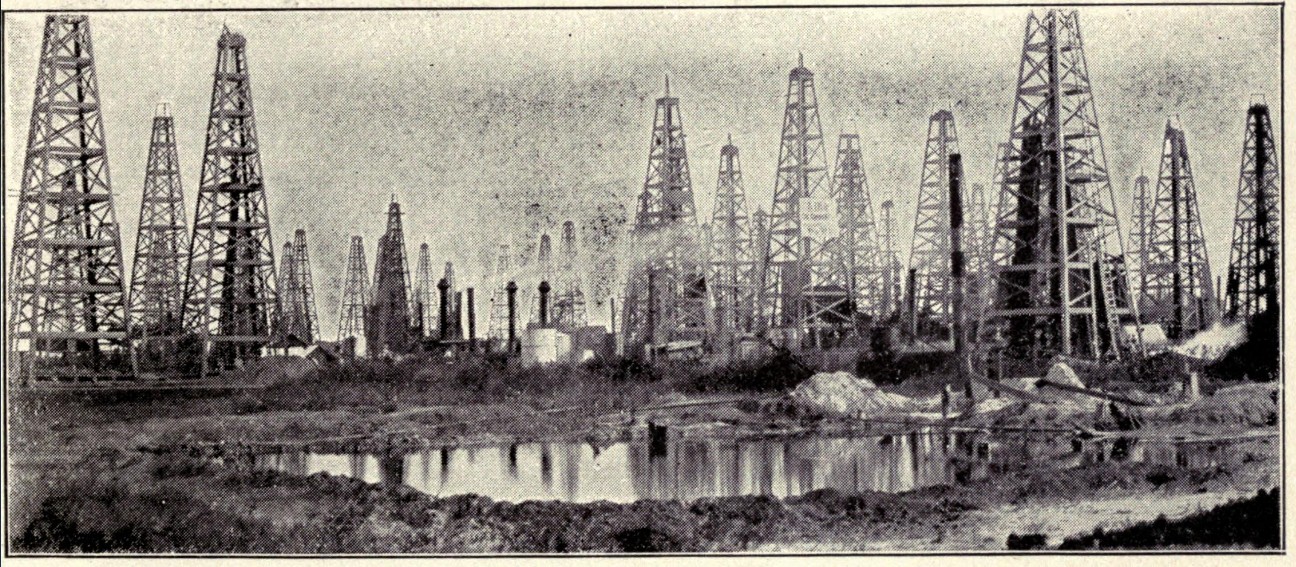The U.S. auto industry is a pretty good place to be openly gay, lesbian, or bisexual (and to a lesser degree, trans). Every American car manufacturer, including Tesla, scored a 100 on the HRC’s most recent Corporate Equality Index, and most other foreign-based companies have at least minimal protections on the books for LGBT employees — Hyundai and Kia being the notable exceptions.
In the oil industry, it’s a very, very different story. Oil companies tend to be far more conservative, and let’s face it, most are based in Texas, which doesn’t have such a great record on LGBT issues. Some cities in Texas have added protections for LGBT residents, but the fight hasn’t been easy. Occasionally, there’s been some backsliding — notably in Houston last year, when voters repealed the city’s Equal Rights Ordinance.
For anyone who thinks that’s not a big deal, this piece in the Houston Chronicle is required reading:
Across the Texas oil and gas industry, lesbian, gay, bisexual and transgender workers struggle to navigate the workplace where acceptance, openness and respect can vary widely. Despite gaining marriage rights and growing mainstream acceptance, some LGBT workers in the energy business are confronted with many of the same professional pressures and doubts that persisted 20 years ago.
More than a dozen LGBT employees in Houston’s oil and gas industry – from corporate offices to the oil patch to deep-sea drilling rigs – described thinly veiled or blatant discrimination. They say many companies lack a supportive culture, leading to isolation and struggles to make friends.
“The biggest fear is times like this when the oil price is down, and I wonder, ‘Am I going to be let go because I’m openly gay?’ ” said an African-American geologist in his early 30s who works for a Houston oil firm. “It’s more about survival.”
Even as more energy companies add same-sex benefits and protections, a “lavender ceiling” still exists for LGBT workers just as there’s a glass one for women and minority groups, said Mike Craig, a management consultant for Chevron Corp. and director of Out & Equal Houston, an advocacy group for LGBT workers.
“Being out at work, or even being a straight ally,” he said, “can put you at risk.”
